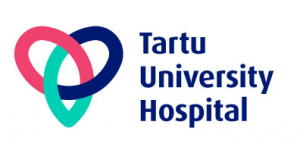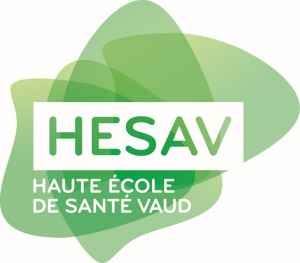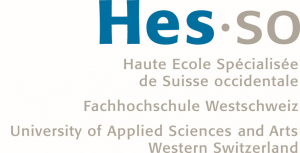What does this EBreast2 e-learning course offer to health care professionals?
E-learning modules comprising 15 ects credits was developed by using evidence-based approach.
Breast cancer treatment process is complex, and basically all modern day treatment options are applied. This means that many different professions are involved in this pathway. Using evidence-based approach in the development and implementation of the e-learning packages facilitates the development of life-long learning competences among the students and health care professionals who are taking part of the courses.
Learning module 1
Module focuses on interprofessional aspects of cancer care and treatment (3 ects).
- Framework for interprofessional collaboration, as well as health professionals’ competences and roles.
- Breast cancer care and treatment pathway.
Learning module 2
Module focuses on breast cancer treatments and therapies (7 ects).
- Treatment methods and therapies.
- Breast cancer treatment related acute reactions, their common signs and symptoms as well as management of metastatic breast cancer.
Learning module 3
Module focuses on patient safety in breast cancer care and therapies (5 ects).
- Safety issues related to breast cancer patient’s treatment pathway from patient and staff viewpoints.
- Managing quality in breast cancer treatments and care.
Outcomes and impacts
The most important impact on the participating organizations as well as on other organizations that take the e-learning package in their educational use will be the harmonization of quality and contents of education in the field of interprofessional breast cancer treatment and its safety.
At participant level this means equal possibility for health care professionals like radiation therapists, radiographers, biomedical laboratory scientists and nurses and their educators to acquire competences on e-learning in general, interprofessional breast cancer treatment and how to ensure its safety. In addition, studying from such e-learning materials increases health care staff and ordering clinical units’ understanding about different phases, procedures, actors and safety issues associated with breast cancer therapeutic phase.
The eBreast project aims to cater to the educational needs of individuals at the bachelor’s level in nursing, radiotherapy, and biomedical laboratory science, and can also be applicable to Master’s level students, particularly those at the EQF Level 7. Additionally, the project is open to all health professionals.
Disclaimer
It is important to note that the materials generated within this platform should not be considered a substitute for clinical decisions and national guidelines
See the project`s official website here: https://www.ebreast2.com/
Contact us at projectebreast@gmail.com
Editorial board: Siret Kivistik Tartu Health Care College, Liis Randle Tartu University Hospital, Mona Oynes Western Norway University of Applied Sciences, Tanja Schroderus-Salo OAMK, Kjersti Straume ja Kari Friedheim Haukeland University Hospital, Laurent Marmy HESAV/HESSO, Eija Metsälä Metropolia
Published 2023








